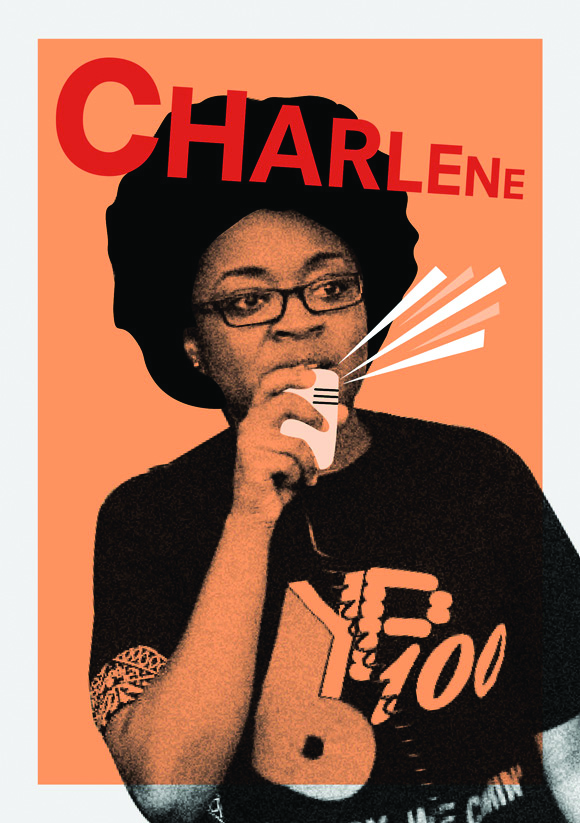
CHARLES PRITCHARD
Staff Writer
The month of February brings many things, from the joy of an early spring to the disappointment that comes with shoveling out three feet of snow and thoughts of an early March.
Something that shouldn’t be, but sometimes is, overlooked is the arrival of Black History Month and a time to look back on a history of culture and activism.
The Black Student Union, Student Association and Ethnic Studies Speaker Series have organized many events this year in observance for Black History Month, including a talk delivered by Chicago-based black youth activist Charlene Carruthers titled, “But no one is showing up to our events! Movement building on campus.”
“I can’t tell you how excited I was about the possibility that we might be able to get her here,” Associate Professor Jennifer Hildebrand said via email. “This sort of activism is so crucial to our society — but also so demanding. Physically, emotionally, often financially, activists sacrifice an awful lot to try to make the world a better place.”
The event will take place on Feb. 24 at 6:30 p.m. in Rosch Recital Hall and feature a variety of topics honed in on campus related activism.
“[Carruthers] is going to be talking about student organizing on campus and what that means. She’s going to talk about some racial issues and social organizing in general,” junior social work major Patrice Douglas, who is also the event chair for Black Student Union, said.
A member of the Black Lives Matter movement, national director for the Black Youth Project 100 and a champion a number of other national organizations, Carruthers has done so much in such a short amount of time.
And while it is an event hosted by the Black Student Union, all are invited to join.
“This is just another extension of the community. We have a sense of family at Fredonia,” Douglas said. “If you see someone with a ‘Fred’ sticker, you’re like, ‘Hey, I know that school!’ Even though this is sponsored by BSU, it’s open to the entire community, and the entire campus shouldn’t feel that if you aren’t black or a minority that you shouldn’t come up, and I think it would help students self-reflect and learn.”
Activism, as Hildebrand had pointed out, is crucial to our society, yet it’s an often difficult path to walk.
“Do you know the story of the child and the starfish?” Hildebrand asked. “A child is walking along the beach and sees a number of starfish on the sand. The child starts throwing them back into the ocean, thinking that they will not survive for long out of the water.
“An adult sees the child and asks, ‘Why bother? Look at this beach — it is covered with starfish,” she continued. “You can’t possibly save them all.’ The child looks at the adult and thinks about the advice … and then walks over and throws another starfish back into the ocean, saying, ‘Made a difference to that one.’”
The effects of activism are rarely seen quickly and sometimes take years to take root, but in the eyes of Hildebrand, it should not stop anyone looking to make a change.
“My advice to students today is to think about the difference that you can make instead of being afraid to try because you don’t feel capable of changing an entire system,” Hildebrand said.
Those looking to meet and greet with Carruthers are welcome to attend the reception after the event in the Horizon Room of the Williams Center.
